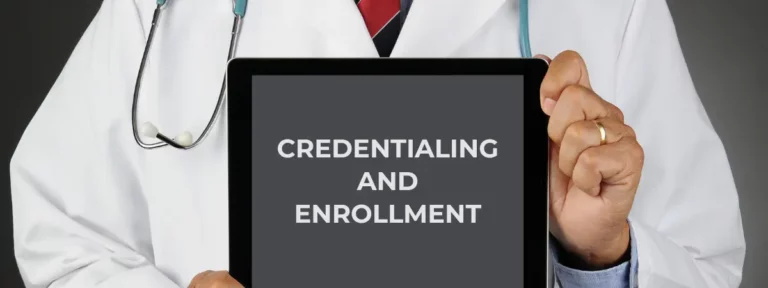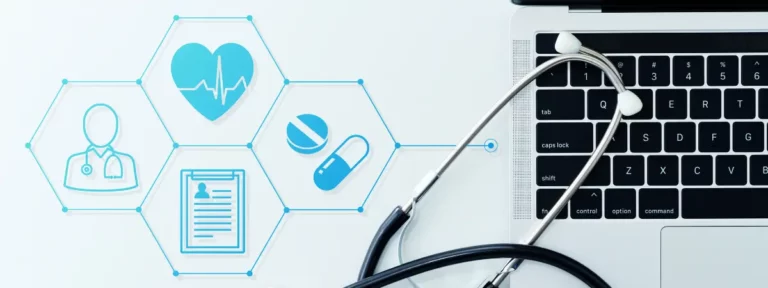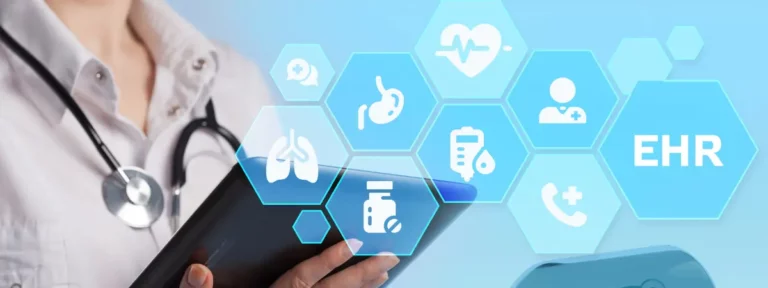Patient confidentiality plays a pivotal role in the healthcare industry, safeguarding sensitive information and fostering trust between healthcare providers and patients. It ensures that personal medical details remain private and protected, promoting open communication and a safe environment for seeking healthcare. Upholding confidentiality is not only a legal obligation but also an ethical responsibility. It empowers patients to share their concerns freely, knowing that their privacy will be respected. Patient confidentiality is the cornerstone of quality healthcare, fostering a culture of respect and confidentiality within the industry.
Streamlining best practices for credentialing and enrollment involve optimizing efficiency, accuracy, and effectiveness in the healthcare administration realm. By implementing standardized processes, automating workflows, and leveraging technology solutions, organizations can expedite the verification of credentials, reduce paperwork, and enhance overall operational performance. Effective communication and collaboration among stakeholders play a crucial role in streamlining these practices, ensuring seamless coordination and timely processing.
IT systems in healthcare have the potential to revolutionize the diagnostic process, drastically reducing errors and enhancing patient outcomes. Systems that address the causes of diagnostic errors can be beneficial for healthcare professionals. These include time constraints, lack of experience, lack of follow-up, and incomplete data. It is essential to recognize that IT system instruments enhance the skills and knowledge of physicians. They are not substitutes. An accurate diagnosis requires human judgment, clinical experience, and critical thinking.
Medical record indexing is critical to efficient and effective patient data management in healthcare. By organizing and categorizing patient information, medical record indexing enhances the accuracy and accessibility of medical records, making them easier to find and interpret. It also streamlines medical practice by minimizing errors and redundancies. Ultimately, medical record indexing facilitates optimal patient care by improving communication and collaboration among healthcare providers. With the increasing importance of digitized healthcare documentation, it is becoming increasingly essential for practices to deliver efficient medical care.
EMR and EHR systems offer a range of benefits to medical practices. These innovative technologies can streamline workflow, reduce administrative tasks, and enhance patient care. By integrating medical records into a single digital platform, doctors and healthcare providers can quickly access critical patient information, manage appointments, and automate administrative tasks. This increases the efficiency of medical practices and improves patients' quality of care. In addition, with the ability to store and manage large amounts of data, EMR and EHR systems provide a comprehensive and secure solution for medical practices to collect patient data.





